HELPING COMMUNITIES
The WRRC conducts several projects engaging with communities across the state and accessing their knowledge to help them develop water awareness and understand local water resources issues.
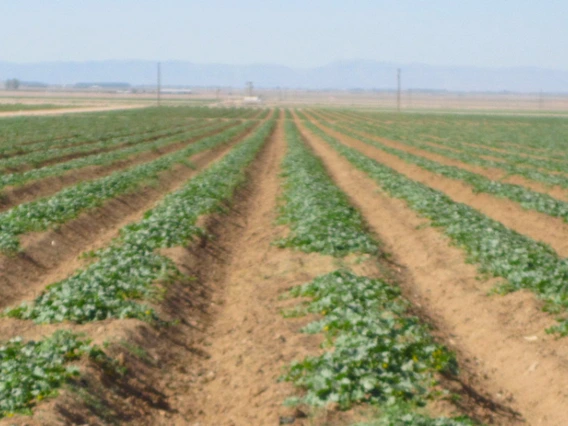
Agriculture
Enabled through a 5-year USDA-NIFA Grant starting in September 2021, interdisciplinary researchers, extension specialists, and graduate students at four universities, along with the USDA, will collaborate to examine ways to sustain irrigated agriculture in the Southwestern United States (SW US). The Agricultural Water Center has been established at UC Davis.
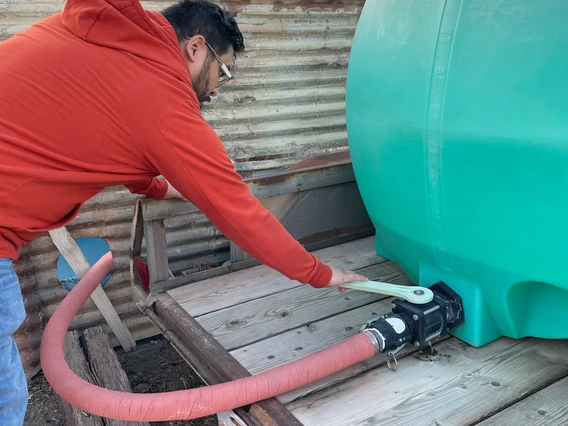
Diversifying Voices in Water Resources (DViWR):
As a trusted information and engagement resource for Arizona, the WRRC has undertaken a multi-phase initiative to broaden the range of participation in water resource dialogues. The first phase was uncovering diversity, equity, and inclusion (DEI) trends and patterns in water resources through an extensive literature review.
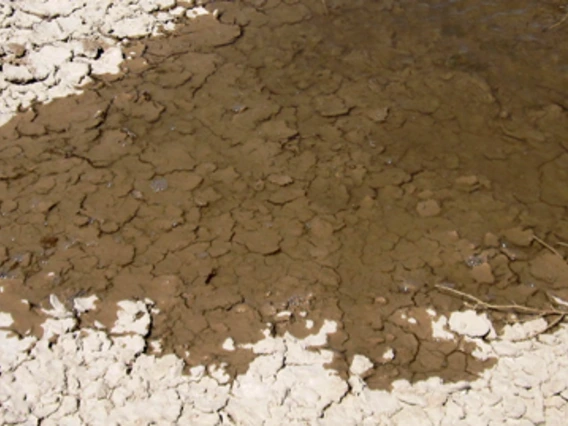
Groundwater Governance & Management
Groundwater is increasingly important for meeting water demand across the United States. Forward thinking governance and effective management are necessary for its sustainable use. The U.S. has state governments that are primarily reponsible for groundwater governance (i.e., making laws, policies, and regulations) and management (i.e., implementation of laws, policies, and regulations).
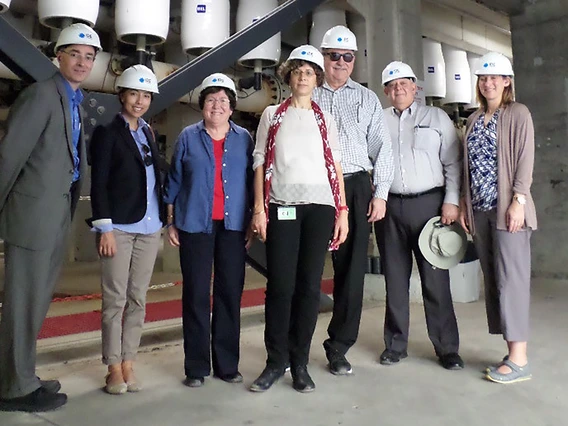
Middle East Water
Arizona, Jordan, Israel, and the Palestinian Territories are arid/semi-arid lands that face similar water challenges. The Water Resources Research Center has been working to facilitate communication and develop partnerships related to water management and policy in the Middle East. The focus has been on the critical water issues of water-stressed regions and transboundary waters.
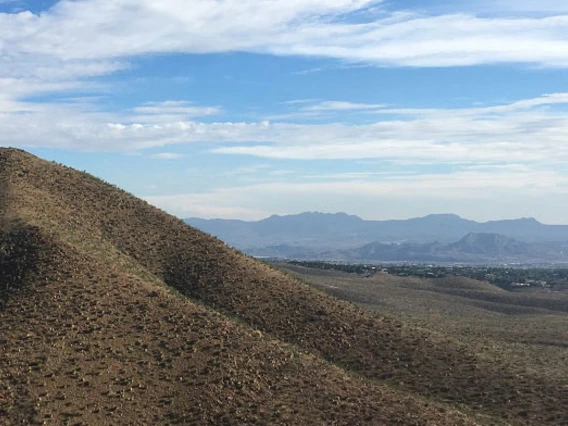
TAAP - Transboundary Aquifer Assessment Program
The Transboundary Aquifer Assessment Program (TAAP) is a joint effort between Mexico and the United States to evaluate shared aquifers. Under this program, scientists from each country collaborate on producing binational studies on shared waters. The Mexican and U.S. Principal Engineers of the International Boundary and Water Commission (IBWC) signed the “Joint Report of the Principal Engineers Regarding the Joint Cooperative Process United States-Mexico” for the TAAP.
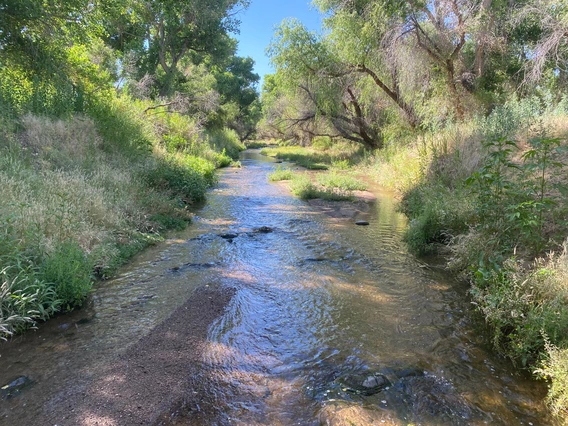
Programa de Evaluación de Acuíferos Transfronterizos (TAAP-A/S)
TAAP-A/S (para los acuíferos transfronterizos Santa Cruz y San Pedro) es un programa organizado entre el Centro de Ciencia del Agua del Servicio Geológico de los Estados Unidos (USGS), y el Centro de Investigación de Recursos Hídricos (WRRC) de la Universidad de Arizona.
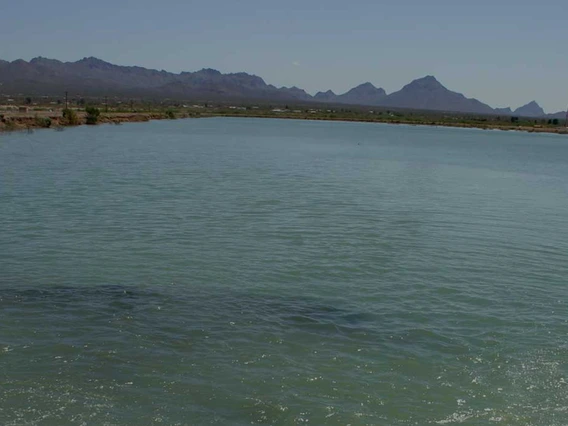
Water RAPIDS
Water RAPIDS (Water Research and Planning Innovations for Dryland Systems) helps communities balance a secure water future for residential, commercial, industrial, and agricultural sectors with the water demands of the natural environment. Planning for people and natural resources together will lead to a more sustainable future.
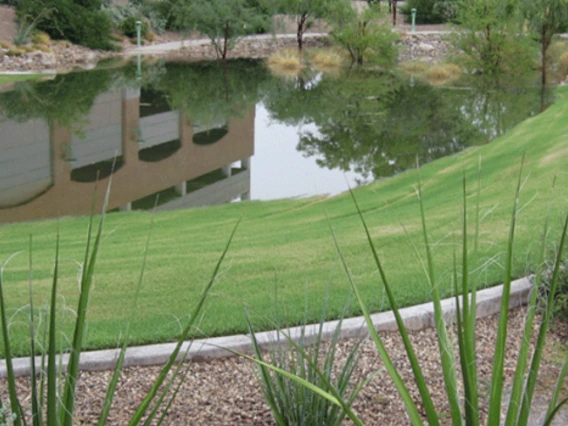
Desert Water Harvesting Initiative
The Water Resources Research Center established the Desert Water Harvesting Initiative to enhance outreach and communication between utilities, practitioners of water harvesting, academics, and interested citizens.
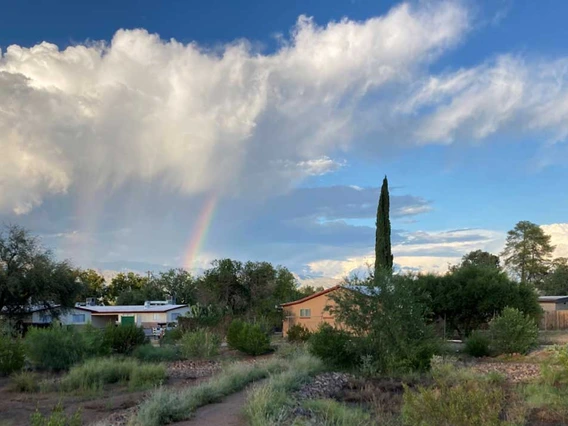
Conserve2Enhance
Conserve2EnhanceTM (C2E) connects water conservation to community action. Using your C2E Water Use DashboardTM, you can track your water use over time, learn about where you have the most potential to save, and put your water savings to work supporting community-led enhancement projects!

